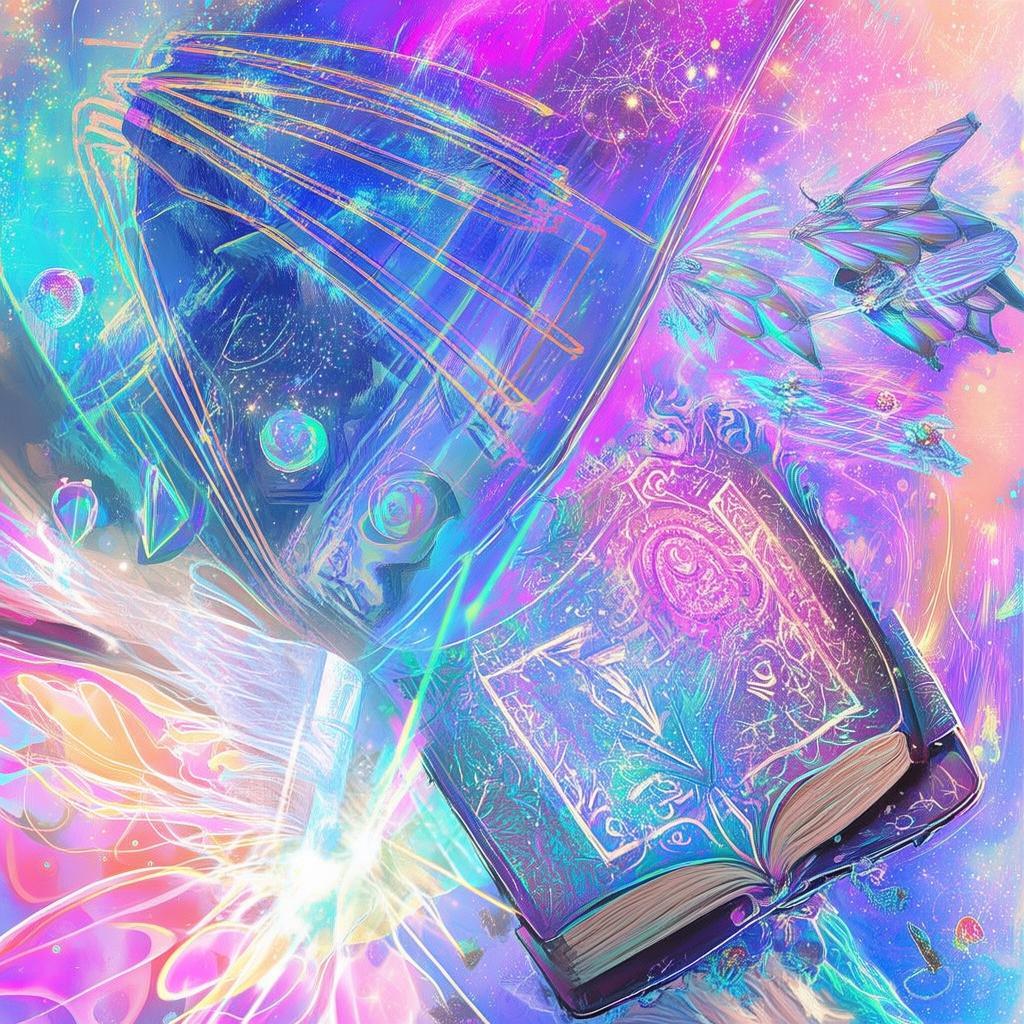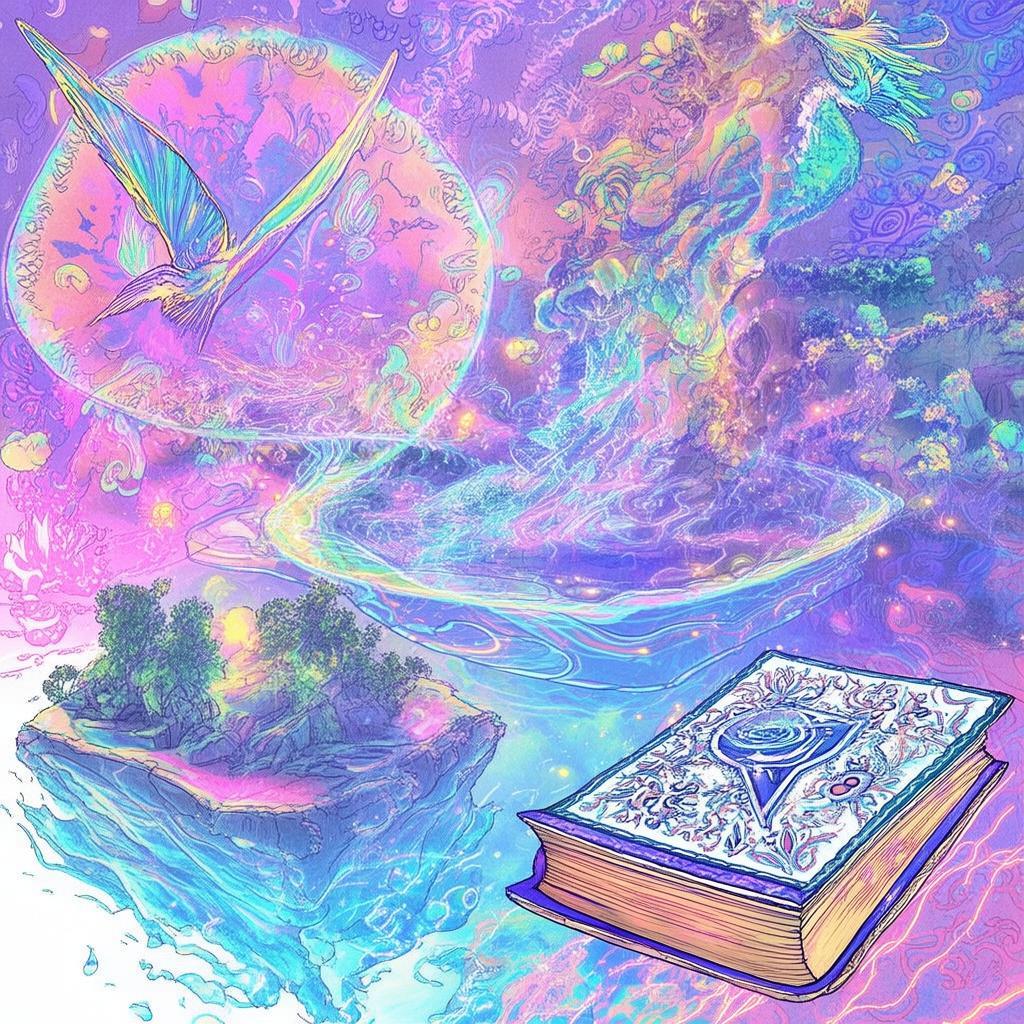Shadows on the Silver Screen
The bustling streets of Hong Kong were a tapestry of neon lights and the constant hum of life. The city was a melting pot of cultures, languages, and ambitions, and in the heart of this vibrant metropolis, there was a story brewing that would echo far beyond the silver screen.
Director Wang had always been a man of vision. His films were known for their raw emotion and their ability to reflect the soul of Hong Kong. This time, he had a project that was more than just a movie—it was a statement, a call to action. The script, titled "The Dragon's Roar," was a fictionalized account of the political turmoil that had recently swept through the city.
Wang had gathered a cast and crew that were as passionate about the project as he was. Among them was actress Li Mei, a rising star whose beauty and talent were matched only by her fiery spirit. She had been cast as the protagonist, a woman caught in the crosshairs of a power struggle that threatened to tear her world apart.
The production was moving swiftly, but as the cameras rolled, a sense of unease began to settle over the set. Rumors swirled that the film's release date was being pushed back, and whispers of political interference began to surface. Wang, however, remained resolute, convinced that the film's message was too important to be suppressed.
One evening, as the crew was breaking for dinner, Li Mei approached Wang with a look of concern. "Director, I've been hearing things," she said, her voice barely above a whisper. "They say the government is pressuring you to change the film's ending."
Wang sighed, his eyes reflecting the weight of the situation. "I know, Li. But we can't let them. This film is about the truth, and the truth must be told."
As the days passed, the tension on the set grew. The crew began to feel the pressure, and whispers of mutiny began to circulate. Then, a shocking revelation came to light. The lead actor, who had been acting strangely for days, had actually been working for a shadowy organization that sought to undermine the film's release.
Wang was livid. "This is unacceptable," he roared. "We can't let them sabotage our film. We have to finish this."
The climax of the film was approaching, and with it, the risk of discovery was at its highest. Wang knew that if the truth were to come out, not only would his film be destroyed, but so too would the fragile trust between the people and their government.
As the final scene was being shot, the actor's true identity was revealed. It was none other than the son of a high-ranking official, who had been using his position to influence the film's outcome. The revelation was a bombshell, and the crew was torn between their loyalty to the film and their fear of retribution.
In a heart-pounding confrontation, Wang stood up to the actor's father, demanding that the film be allowed to be released as it was. "This film is not about you," Wang declared. "It's about the people of Hong Kong. You can't silence us."

The father, a man of power and influence, was forced to back down. The film was released, and it was a resounding success. The public was inspired by the film's message, and the government was forced to face the truth of their actions.
In the end, Wang's vision had triumphed. "The Dragon's Roar" became a symbol of resistance, and Wang's name was etched into the annals of Hong Kong cinema. Li Mei, the actress who had been the voice of the people, received the accolades she so richly deserved.
The film's impact was felt far beyond the silver screen. It sparked a movement, a call for change that would eventually lead to significant political reforms. And in the heart of Hong Kong, a director's vision had become a beacon of hope, a reminder that even in the darkest of times, the truth would always shine through.
✨ Original Statement ✨
All articles published on this website (including but not limited to text, images, videos, and other content) are original or authorized for reposting and are protected by relevant laws. Without the explicit written permission of this website, no individual or organization may copy, modify, repost, or use the content for commercial purposes.
If you need to quote or cooperate, please contact this site for authorization. We reserve the right to pursue legal responsibility for any unauthorized use.
Hereby declared.









